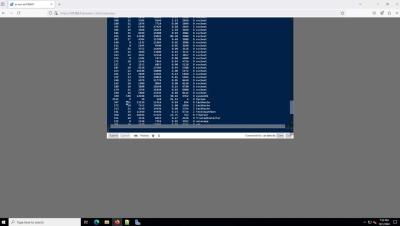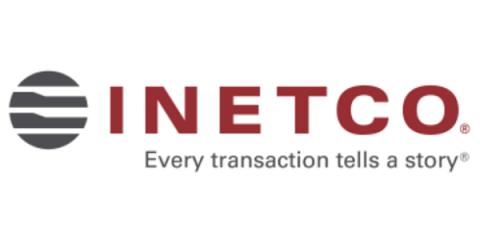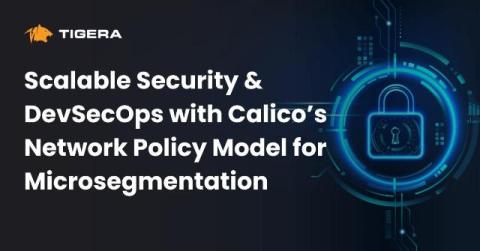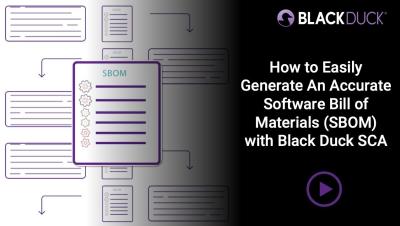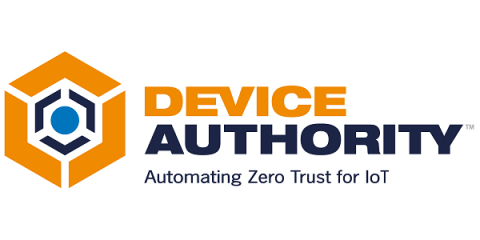Webinar: The Wait is Over CMMC Final Rule Explained
With the publication of its Final Rule on October 11, the CMMC program is real. CMMC will begin appearing in contracts early next year. If you've been skeptical or waiting on the sidelines, the ambiguity is gone. You need to be focused on understanding and addressing CMMC now. The CMMC rule itself is long and confusing, over 470 pages and 130,000 words of acronyms and contract language. We will break down the rule, translate it into plain English, and explain the requirements and how your business will be affected. We'll cover the key points including.



